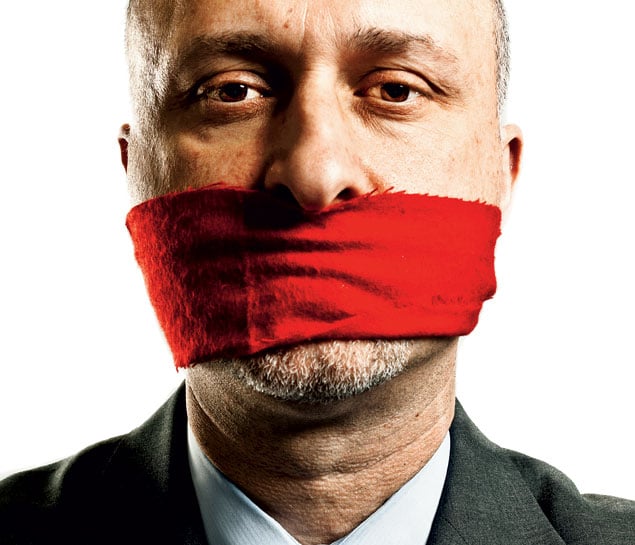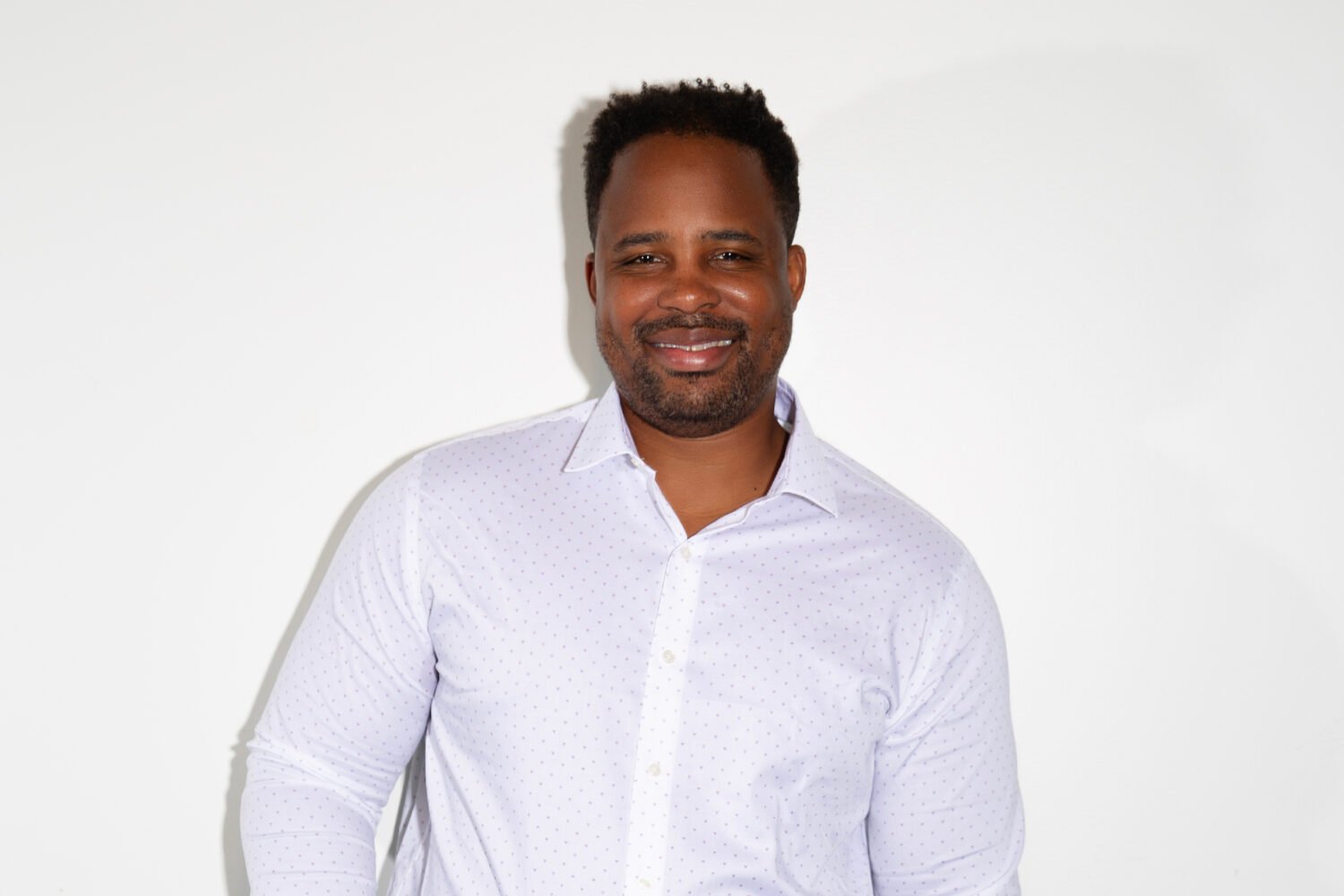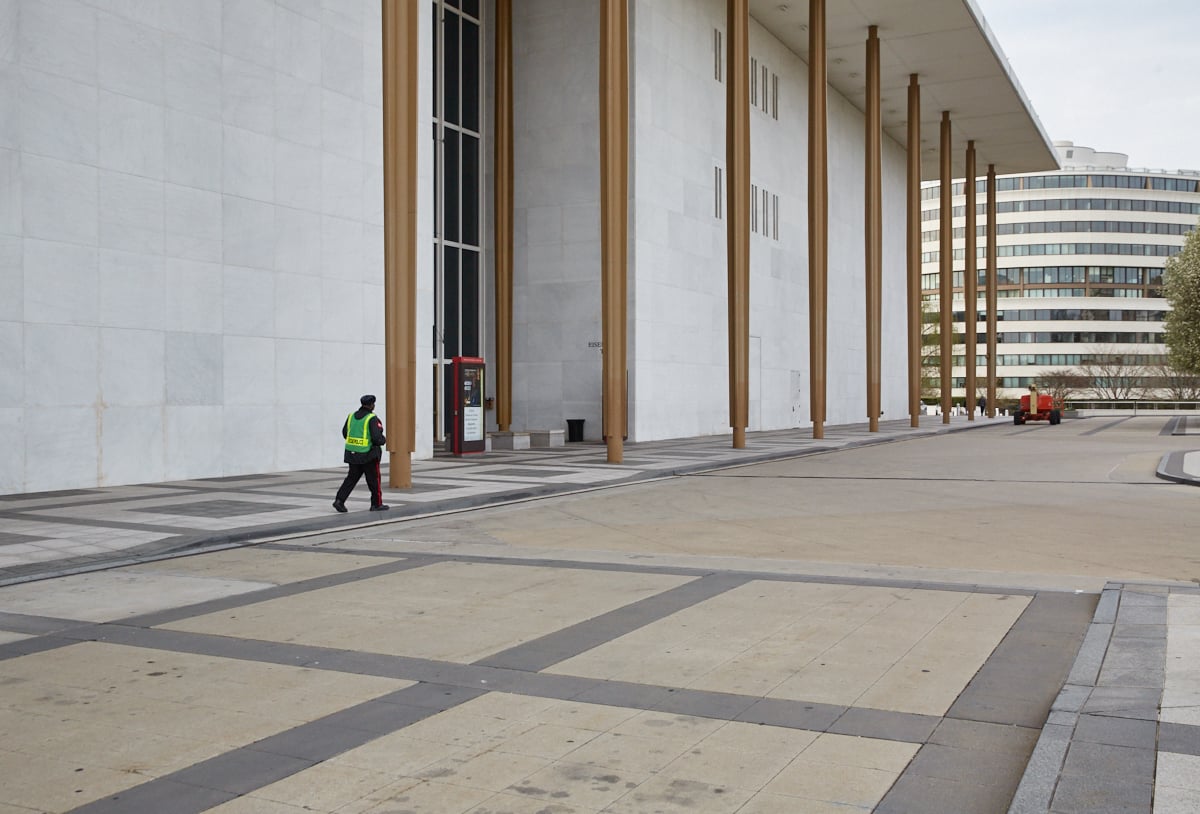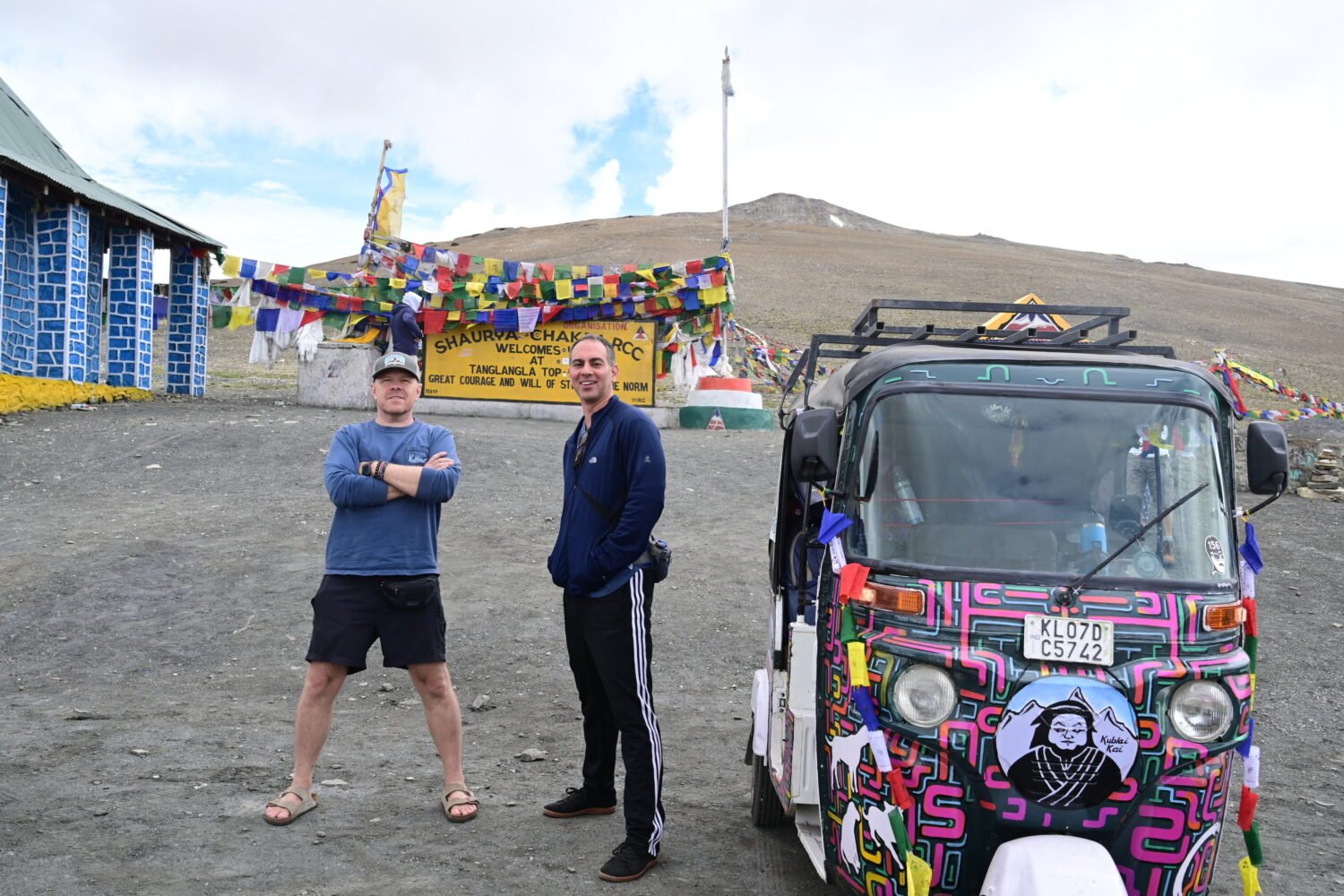Ilir Zherka was born in 1965 in Montenegro, then part of socialist Yugoslavia. His grandparents were farmers who had fought against the Italian and German occupation of Albania during World War II. Disease and the ravages of war claimed the lives of all but one of their seven children–Zherka’s father, Ahmet.
After the war, Zherka’s grandfather clashed with Albania’s new Communist leaders and fled with the family to Montenegro. (Zherka’s parents are Muslim, though Zherka now goes with his family to a Unitarian congregation.) In their small town, Ahmet, charismatic and handsome, earned a reputation as an agitator against police harassment of Albanians. “My dad was very brash, very nationalistic, very unafraid,” Zherka says.
But after taking part in an ethnic brawl one day, Ahmet feared for his family. They borrowed money from neighbors and landed in New York in May 1968, when Zherka was 2½.
Eleven people–Zherka and his six siblings, their parents and grandparents–squeezed into a three-bedroom apartment in the South Bronx. His father worked as a janitor and elevator operator by day; his mother cleaned offices at night. Zherka remembers feeling humiliated when his mother paid for groceries with food stamps.
When Marshal Tito or some other Yugoslav official visited the United Nations, Ahmet hauled his children there in his Pinto station wagon and helped lead hundreds of fellow Albanian-Americans in protest. “We, the kids, would march in circles and would be holding signs and shouting out chants,” Zherka says.
By the time Zherka was a teenager, in the late 1970s, the South Bronx was a wasteland of poverty, racial tension, and violence. His older brothers ran in a tough circle, and several dropped out of high school.
For a while, Zherka stayed out of trouble. He got a black belt in karate by sixth grade and started rap and breakdancing groups. In the schoolyards on Friday and Saturday nights, Zherka–as MC Rockwell or Il Rock–would join the crews who set up turntables and performed for the neighborhood.
When the family moved to a slightly better-off neighborhood in the North Bronx, Zherka fell in with a gang of Albanian teenagers who robbed houses, sold drugs, and rumbled. Zherka had to repeat ninth grade. When he transferred to Christopher Columbus High School, the principal noticed the disparity between his high test scores and his low grades and warned him to get his act together. The message struck at the right time. One of Zherka’s friends was imprisoned for burglary; another was found dead in a river, in what neighbors suspected was a homicide.
It was during an 11th-grade government class that he felt a calling for public service. By his senior year, he was a good enough public speaker that teachers picked him to give “scared straight” talks to freshmen and to testify against budget cuts before the board of education.
With the help of a state program for underprivileged students, Zherka won a full scholarship to Fordham University. He drew straight A’s his freshman year and transferred to Cornell.
The leap from the Bronx’s mean streets to the Ivy league necessitated a costume change: “I went out and bought three sweaters and a bunch of button-down shirts.” He joined the debate team and was elected president of the Cornell Democrats. He interned in the office of New York senator Daniel Patrick Moynihan and graduated from Cornell with distinction and the school’s John F. Kennedy Memorial Award for public service.
Back in the Bronx, Zherka’s success became a source of pride. Among former classmates, Il Rock had become Political Il.
• • •
During his second year at the University of Virginia School of Law, he met Linda Kinney, a third-year student from Southern California, who would become his wife. They bought a condo in DC’s Cleveland Park in 1994, and Zherka landed a job as a legislative aide to longtime California congressman George Miller, a liberal from San Francisco.
The night before a major hearing, Zherka helped labor activist Charles Kernaghan prepare testimony accusing the manufacturer of a Kathie Lee Gifford clothing line sold at Walmart of forcing underage workers into long shifts at Honduran sweatshops. “I had no idea it would be one of the sparks that would set off dramatic changes within the garment industry worldwide,” Zherka says.
Despite a precocious start on the Hill, Zherka’s past tugged at him. The 1995 Dayton Accords settling the conflicts between former Yugoslav Republics left unresolved the status of Kosovo, a predominantly Albanian province of Serbia chafing under the brutal rule of Slobodan Milosevic.
Albanians in the United States turned to Washington for help. Joe DioGuardi, a Bronx-born Republican former congressman from New York with a big personality, had founded the Albanian American Civic League in 1989. But DioGuardi was seen as part of the old guard. Zherka felt he could do better. In 1996, while still working for Miller, he raised money from Albanian-American business owners to form a rival organization, the National Albanian American Council.
“It was a huge rift,” says Avni Mustafaj, who grew up with Zherka in the Bronx and became NAAC’s executive director. “They’re looking at Ilir Zherka and me and saying, ‘We know your grandfather and father–what are you doing?’ “
For a few years, Zherka tried to keep an oar in establishment Washington. He was tapped as national director of ethnic outreach for President Clinton’s 1996 reelection campaign and left Miller’s office for a job as a senior legislative aide to Labor Secretary Alexis Herman.
But by 1998, Zherka’s thoughts had again turned homeward. Milosevic had launched a violent campaign that forced hundreds of thousands of Kosovar Albanians from their homes. “I picked up the Washington Post and read a story about an entire family that had been wiped out, including a toddler whose throat had been slit,” Zherka says. “I remember thinking to myself, ‘The person who killed this girl had to be holding her.’ I remember going home to my wife and saying, ‘I can’t work, I can’t do my job.’ So she said, ‘You have to go to NAAC.’ “
As the Kosovo crisis deepened, Zherka became the go-to American spokesman not just for Albanian-Americans but also, it seemed, for Albanians in Kosovo. In 1999 and 2000, he testified before the House International Relations Committee, was quoted in the New York Times, and wrote op-eds in the Washington Post, pressing for Western military intervention. As a NATO bombing campaign got under way that March, Zherka sparred with Oliver North and Sean Hannity on TV and warned, on CNN, that “acts of genocide are being committed in the heart of Europe.”
Zherka led an NAAC delegation to a White House meeting with President Clinton to press, unsuccessfully, for a ground invasion. NATO’s bombing campaign ended in June 1999 with Milosevic’s capitulation. When Zherka visited the Albanian capital of Tirana, people stopped him in the streets for photos and autographs.
But the long hours and days on the road were taking a toll. His son, Alek, had been born in 1997 and a daughter, Hana, three years later. By 2002, the wars were over and NAAC was shifting into a new phase. Zherka was ready for a job closer to home.


















